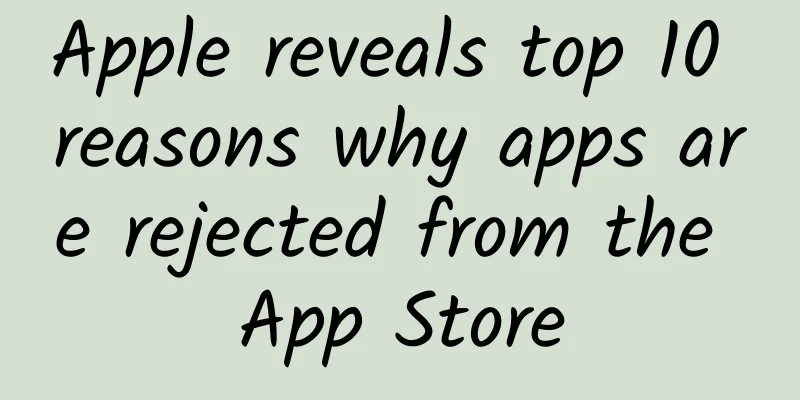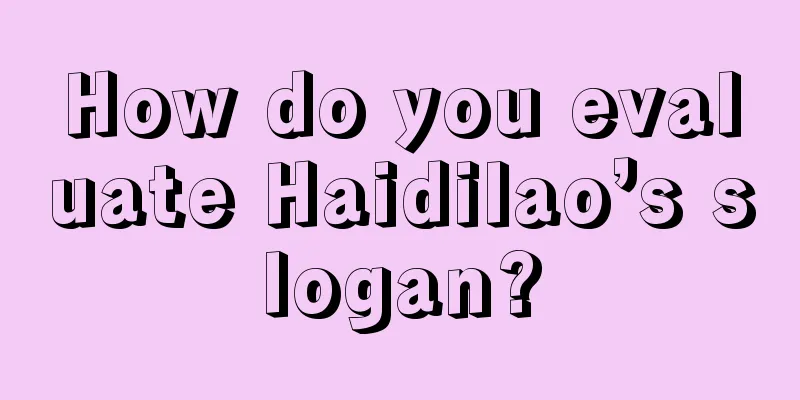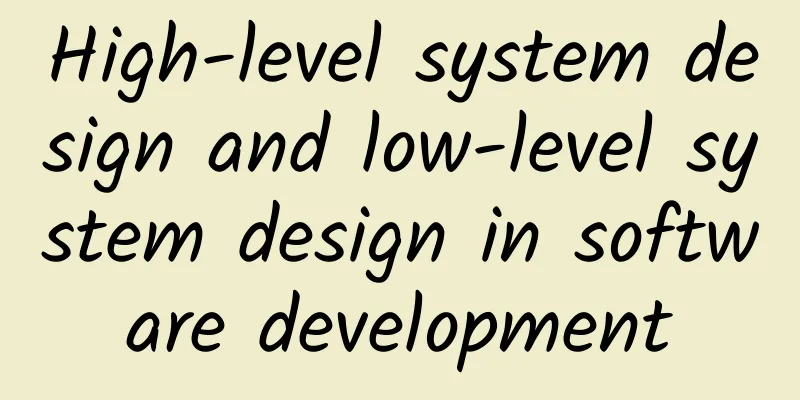Apple reveals top 10 reasons why apps are rejected from the App Store

|
Apple has released a new webpage featuring the top 10 reasons why apps were rejected from the App Store over the past week. Apple's move shows that it is becoming more transparent and open about the issue of app rejections. At the bottom of this new webpage, Apple lists a chart showing the top ten reasons for app rejections in the past seven days, accounting for 58% of the total number of rejected apps, including: 1. More information is needed (14%); 2. Guideline 2.2: There are obvious bugs (8%); 3. Failure to comply with the terms of the developer project license agreement (6%) Guideline 10.6: The user interface is too complex or not good enough (6%) 5. Guideline 3.3: The app’s name, description, and screenshots are not relevant to the content (5%) 6. Guideline 22.2: The app contains false, deceptive, or misleading statements, or uses a name similar to other apps (5%) Guideline 3.4: App names should be similar on iTunes Connect and on the device to avoid confusion (4%) 8. Guideline 3.2: Metadata has unfilled items, leaving placeholder text (4%); 9. Guideline 3.8: Developers are responsible for placing the app in an appropriate rating. Inappropriate ratings may be modified or even deleted by Apple (3%); 10. Guideline 2.9: Any “beta,” “demo,” “trial,” or “test” version of the app (2%). It can be seen that eight of the top ten reasons are due to violations of Apple's App Store Review Guidelines, especially the one about "placeholder text persisting in the app". This seemingly trivial problem is one of the reasons that frequently leads to app rejection. Apple's new page also provides detailed explanations for some of the reasons, such as "substandard app interface", which has a rejection rate of 6%, and Apple also provides specific examples. Although the information disclosed by Apple this time can be found in the App Store Review Guidelines, such information disclosure can help iOS app developers (especially newcomers) pass app review more easily. There is an additional benefit to disclosing such information. The more developers who understand the rules, the less time Apple reviewers will have to spend dealing with app issues. For all developers, the review process will become faster. As a winner of Toutiao's Qingyun Plan and Baijiahao's Bai+ Plan, the 2019 Baidu Digital Author of the Year, the Baijiahao's Most Popular Author in the Technology Field, the 2019 Sogou Technology and Culture Author, and the 2021 Baijiahao Quarterly Influential Creator, he has won many awards, including the 2013 Sohu Best Industry Media Person, the 2015 China New Media Entrepreneurship Competition Beijing Third Place, the 2015 Guangmang Experience Award, the 2015 China New Media Entrepreneurship Competition Finals Third Place, and the 2018 Baidu Dynamic Annual Powerful Celebrity. |
<<: Humans transmit telepathic information over long distances for the first time
>>: Hollywood nude photos scandal is not Apple's fault
Recommend
HTTPS for the entire site is here
Recently, when you use Baidu, Google or Taobao, h...
Wiley: Study shows inherent biological differences between men and women that influence susceptibility to cancer
Why do men face higher rates of most types of can...
How to solve the problem of low conversion? 6 key points for high conversion!
In an era of traffic panic, even if you have mill...
[Video] An excellent operator should have the ability to analyze data in these four aspects
Open class video recording (about 50 minutes) In ...
Where does the water on Earth come from? my country's latest scientific research results provide new ideas for understanding the evolution of life
Image source: Tuchong Creative There are many dif...
Sea buckthorn, how to make the desert green and golden?
On October 24, 2024, Wang Jian, senior engineer o...
What is the "Health Code" that we are using recently? Learn more in one article
As the return to work approaches, the epidemic pr...
Tips for using Erdua, a mobile web debugging tool
One of the biggest pain points in mobile web deve...
The color TV market is expected to achieve a turnaround in the second half of the year. Can the loosening of LCD panel prices become a breakthrough for the industry?
As the second quarter comes to an end, the situat...
A brief analysis of the current mainstream online education activities!
In recent years, online education has become a ho...
An agenda sheet reveals the secrets of Google I/O
[[133647]] Recently, Google officially released t...
Tencent practical case! Review of QQ dream expression design
The deep integration of "Internet + charity&...
Microsoft Edge 93 for Android released
[[422344]] Following the desktop update, Microsof...




![Xiaohan emoticon package teaching, sell 1288 Kuaishou Douyin emoticon package project outside, earn rice according to the number of views [contains 10,000 emoticon package materials]](/upload/images/67cbfec48d9ef.webp)




